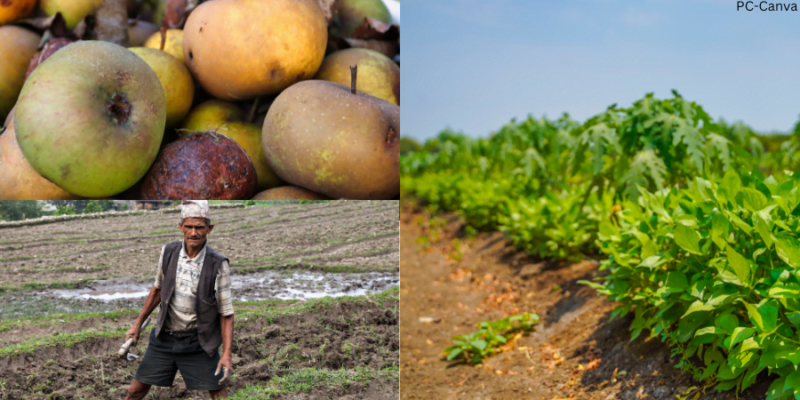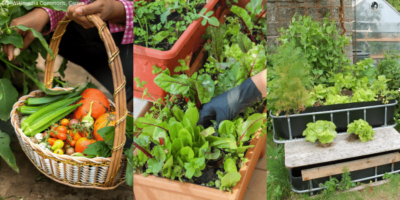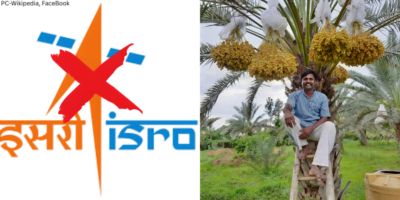In recent years, the popularity of organic farming has soared, driven by a global shift towards healthier living. The emphasis on the benefits of organic products has prompted many to embrace organic foods, seen not only as a boost to personal well-being but also as a positive environmental choice.
However, despite the numerous advantages, it’s crucial to acknowledge the disadvantages of organic farming. This blog offers a concise guide for farmers considering the switch, addressing both the positives of organic farming, such as sustainability and health benefits, and the potential challenges and disadvantages of organic farming, like the need for careful soil and water management.
Organic crops to grow in winter –
| S. No. | Sowing Months |
| 1. Broccoli | September – November |
| 2. Cauliflower | September – November |
| 3. Cabbage | September – November |
| 4. Radish | August – January |
| 5. Peas | September – October |
5 Disadvantages of organic farming no one told you about!
The disadvantages of organic farming were never discussed loudly amongst the individuals because we were so occupied and happy with the idea of eating healthy. Nobody ever paid much attention to the disadvantages of organic farming that affect a lot of individuals today. Let’s dig deep to know the limitations of organic farming.
1. High cost – Low subsidies
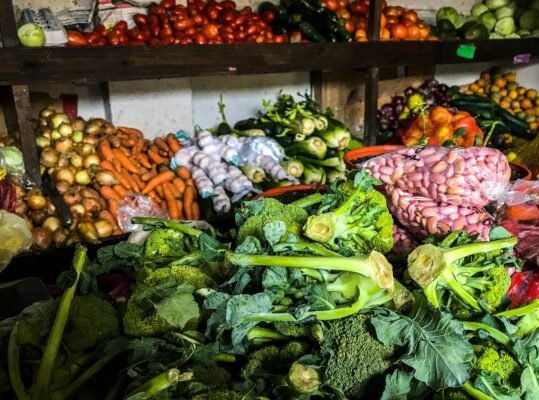
We all notice the price tag on organic food as it is more expensive than conventional food. It requires lots of skilled labor and certified knowledge to yield a good quality product. There is not much competition in the market for high-quality organic products which leads to an increase in the cost. Moreover, farmers practicing organic farming face a lack of subsidies as compared to the ones using conventional farming methods. So, the high cost of organic products tops the list of disadvantages of organic farming.
2. Getting a license for certified organic farming
The complete process of becoming an officially certified organic farm includes complex paper work. Most farmers in India are not literate to that level where they willingly indulge in it so they avoid the process of getting a certified label for their organic produce. Consuming organic food without a certified label raises the matter of doubt about the quality of the production.
3. Lack of proper infrastructure
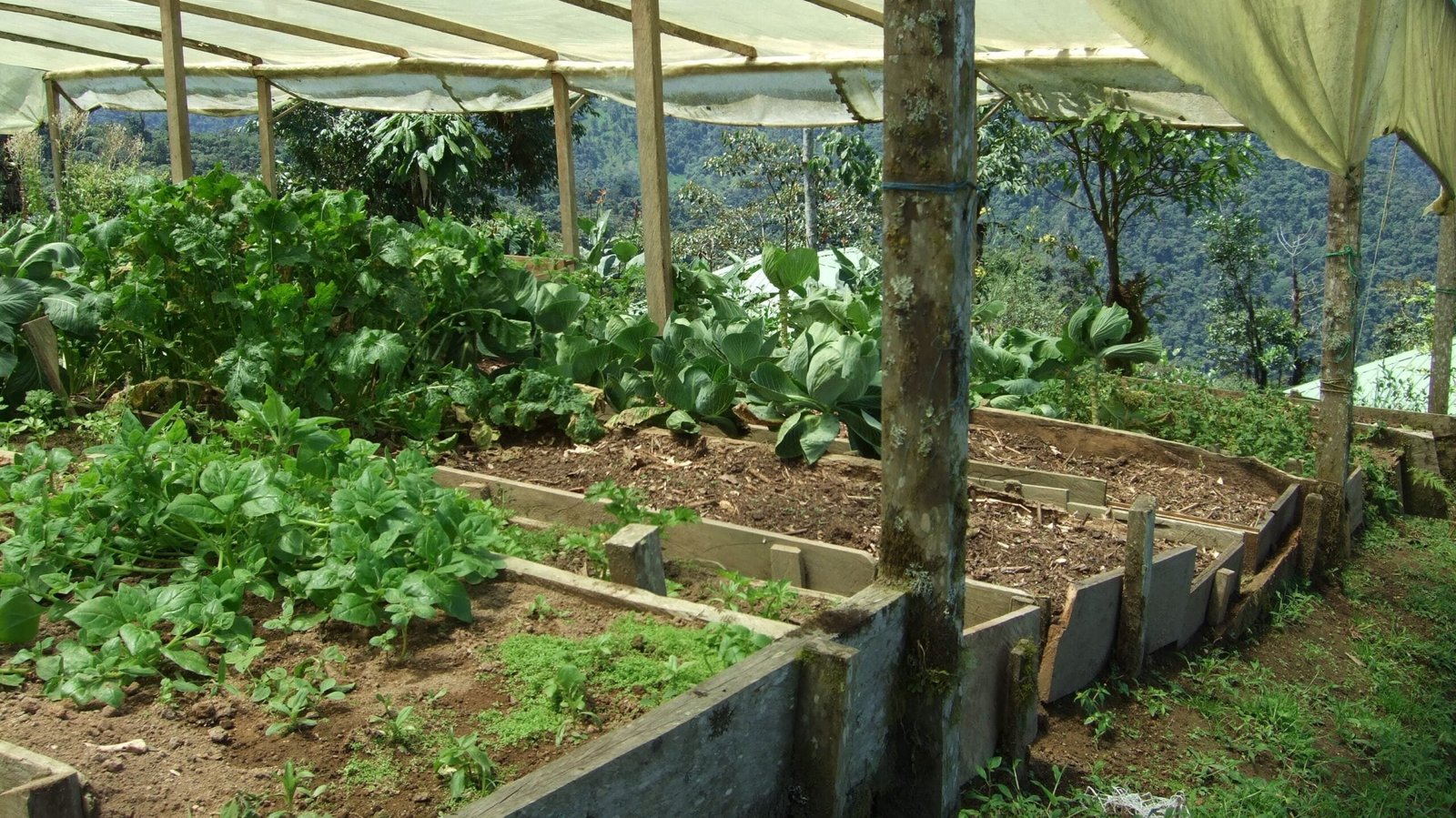
Another factor in the list of disadvantages of organic farming is the lack of proper infrastructural practices. Compared to the conventional method, organic farming requires more land for the production of the same amount of crop. Individual farmers have a small amount of land which reduces the amount of organic crops produced and increases their amount.
4. Low shelf life
The survival time period of organically produced products is much shorter as compared to the regular produce. This is major because, in the conventional method of farming, crops are treated with synthetic chemicals like waxes and preservatives to increase their life. This step is eliminated in organic farming due to the quality concerns and so the organic products last less .
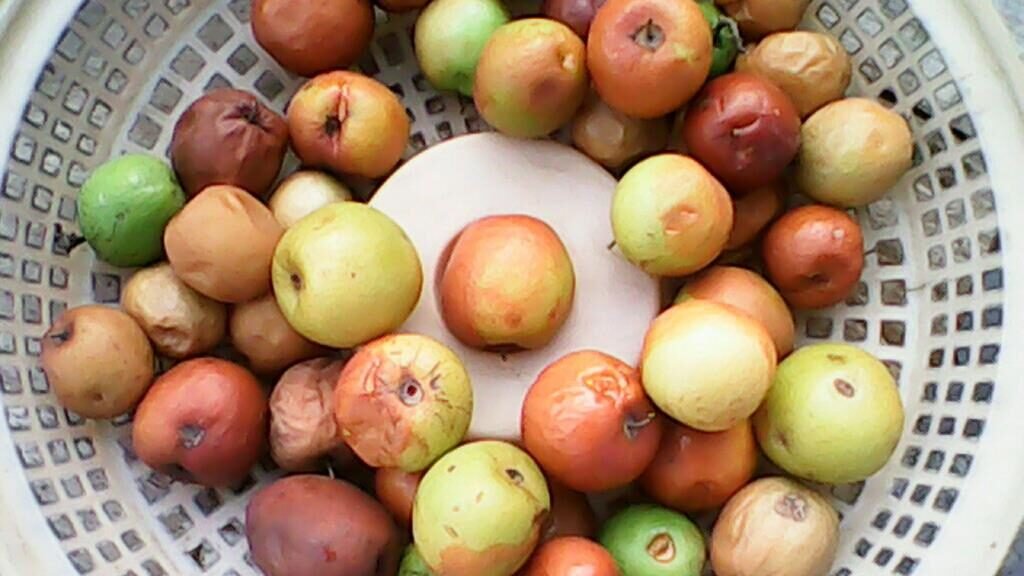
The shipment of organic products becomes a difficult task because it can’t be delayed and the fruits and veggies have to be treated with extra care otherwise it might damage them. So, everything that is produced organically on the farm must reach the customers as soon as possible.
5. Labor-Intensive

The major thing that cannot be neglected while discussing the disadvantages of organic farming is the amount of labor it involves. The preparation and weeding of organic crops require proper attention and care. Labor is involved in terms of expensive manure and weeding in organic farming. To overcome the challenge of growing healthy and sustainable crops without any synthetic chemicals, a lot of manpower is required.
All the above-mentioned disadvantages of organic farming are hidden facts that nobody ever discussed. Yes, it is the healthiest option available but every coin has two faces and nobody ever prefers to talk about the losing part!
Frequently Asked Questions
How does organic farming affects our health?
It increases our immunity system and reduces the risk of hazardous diseases.
Can we grow organic vegetables at home?
Yes! Click on this link to know more.
Which state is 100% organic in India?
Sikkim is the first Indian state to adopt organic food completely in 2016.
For copyright purposes, links of the feature image – Canva
If you loved reading about the disadvantages of organic farming then do give a read to These 5 Bollywood Celebrities That Are Growing Their Own Food By Doing Organic Kitchen Gardening At Home!
If you know more inspirational stories about any person, company, new idea, or social initiative, write to us at mad4india.com, or share such information with us on Facebook, LinkedIn or Instagram.
